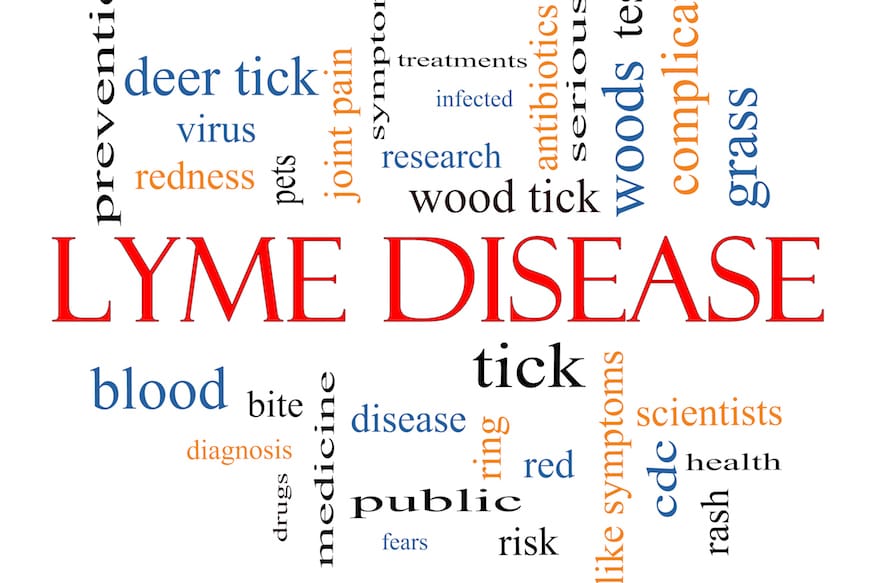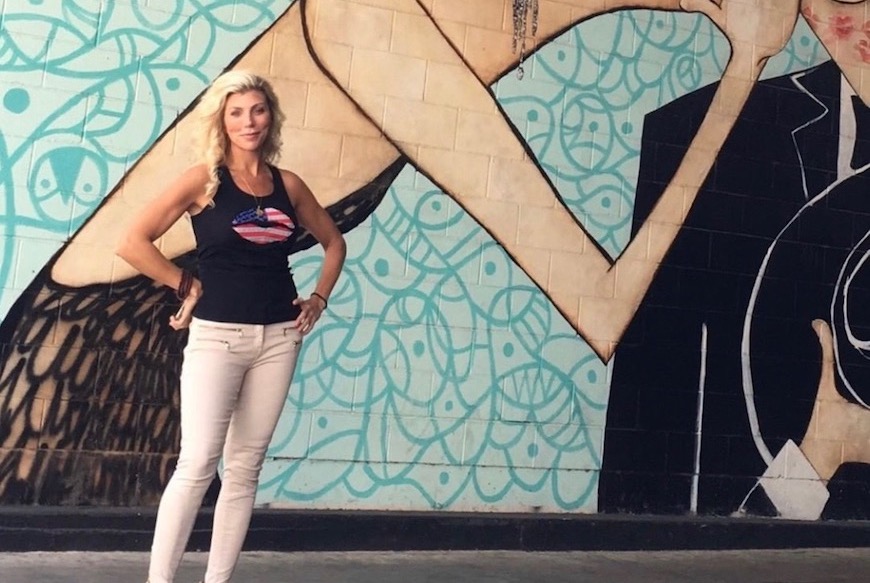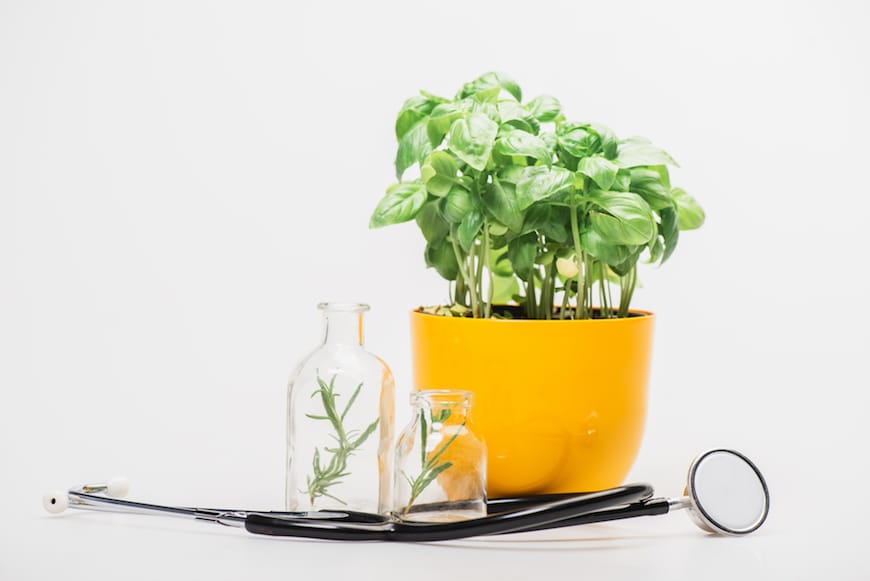Did you know that there were a combined 33,000 deaths associated with overdosing from prescription opioids and heroin in 2016? This number has only increased over the span of the past five years. Drug overdoses are leading the polls for the cause of death in adults younger than 50.
Ibogaine therapy is an effective tool to help those suffering from drug addictions. This natural and holistic remedy has been around for many years but came into the spotlight around 1960 to help with detoxing.
What Is Ibogaine?
This might be the first time you’ve heard of this ancient remedy. Ibogaine is a natural psychoactive shrub found in tropical forests in Africa.
This plant medicine was used for years to treat various addictions and assist in the detox process. The Bwiti shamans known as Nima help assist in the ceremonial process of accepting this medicinal plant.
How Does Ibogaine Therapy Work?
Ibogaine treatment helps addiction by directly affecting your brain chemistry. It is thought to alter pathways in your brain associated with how people respond to addiction and withdrawals. Essentially, it helps to restructure the brain’s response to drugs and ease withdrawal symptoms and cravings.
The Ibogaine plant medicine is taken in an ibogaine drug or capsule form. Under supervision, you can give larger dosages of Ibogaine to induce a psychedelic state. This is usually done in a treatment center.
Recent studies show a relapse rate of approximately 33% of individuals after one month. Unfortunately, long-term studies have not been conducted at this point.
Contraindications to Ibogaine
Ibogaine therapy is an effective tool to help those suffering from drug addictions.As with all medicines, both herbal and manufactured, there are side effects and contraindications for taking Ibogaine. If you suffer from a heart condition, epilepsy, high anxiety, depression, or schizophrenia, then Ibogaine might not be the method of treatment for you.
It is contraindicated to participate in an Ibogaine treatment if you are pregnant.
There are mild side effects associated with taking Ibogaine. These include nausea, vomiting, headaches, and possible manic episodes for one to two weeks following. This is largely dependent on individual responses and dosages.
It’s important that you talk to your doctor about your physical and mental health before taking Ibogaine. If needed, you might need to do follow-up lab work or scans to ensure you are healthy enough to try Ibogaine for addiction.
What Happens in Psychedelic State?
Ibogaine treatment is best found in a treatment center where you are monitored.
When taken in larger dosages to achieve a psychedelic state, you will be able to face your darkness’s and address any fears you have. Ibogaine is a teacher for ancient tribes and the purpose of ingesting Ibogaine is to open your psyche.
For this reason, it is essential to prep beforehand as you might be in this state of mind for up to 36 hours. After coming out of the psychedelic state you should notice your withdrawals or cravings lessened or gone completely.
Why Do I Need a Treatment Center?
You don’t necessarily need to go to a treatment center to achieve the effects of Ibogaine therapy. However, it is advised to receive treatment under supervision. These therapists will be able to provide you with guidance, direction, and expertise for drug addictions.
Ibogaine in large dosages can lead to an overdose that causes poisoning and death. Ibogaine treatment centers will be able to monitor and assist you on a personal level. They can help you achieve a psychedelic state and teach you meditative techniques to curb your fears and anxiety.
If you are fearful when taking Ibogaine, it can lessen its effects. The goal of Ibogaine is to enlighten and open your psyche to achieve clarity and insight.
What About Afterwards?
Just like you would with other treatments, you don’t want to neglect the impact of Ibogaine after you have gone through the entirety of this process. Sometimes, a psychedelic state will bring to light old wounds and past traumas that might be difficult to work through.
The Ibogaine drug can stay in your body for weeks following. This makes it important to be extra mindful of your body and mind. This is an important time to continue to work on other therapeutic techniques to help you through the entirety of the addiction process.
Following your initial treatment, it’s encouraged for you to remain at a drug treatment center. This will allow you to have access to counselors, uplifting individuals, and guided expertise. It’s also advised that you write down any memories or visuals that you experienced during your psychedelic state.
Long Term Results
As mentioned earlier, there aren’t significant studies that have looked at the long-term effects of Ibogaine. Recently, more studies are being done after seeing the positive effects Ibogaine has had on individuals.
Recently, studies on military veterans suffering from PTSD found that Ibogaine treatment helped significantly reduce their symptoms. Ibogaine is starting to become more popular for holistic treatment options. It’s expected that more solid research will be conducted in the upcoming years to see the long-term results.
Where to Go Next?
If you or a loved one is suffering from opioid or other prescription drug addictions, then you might want to consider Ibogaine therapy. If other options haven’t been working for you, why not try something that has been used for hundreds of years?
Holistic medicine can be used along with other therapeutic exercises in your addiction process. By combining them you can better manage your withdrawals and help in your recovery. As studies have shown, at times these medicinal plants can be even more beneficial than other forms of medicine.
We are a trusted source that can help you with your journey to a healthier and more fulfilling life that’s free from the shackles of addiction.









